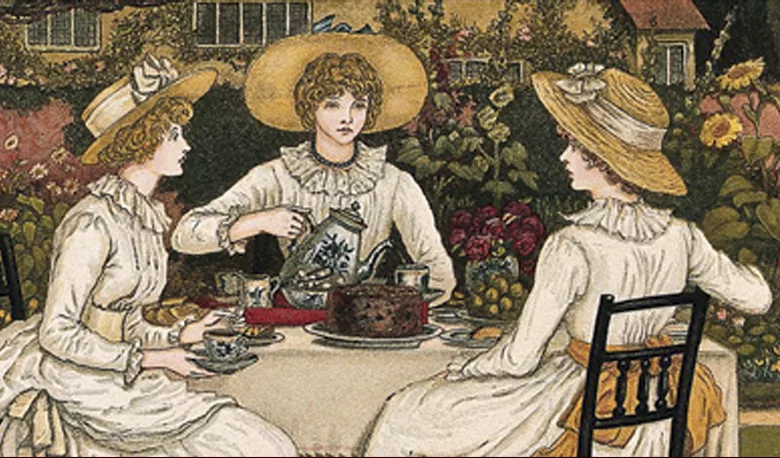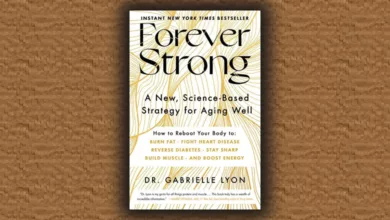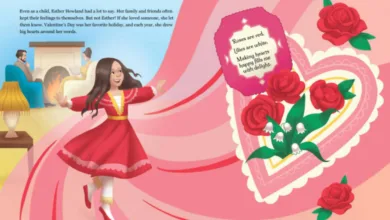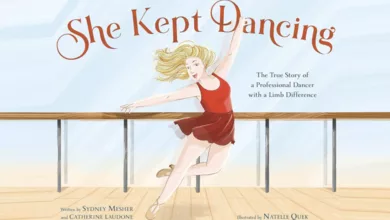Oh, To Be Vexed!

My book group’s first selection of 2020 was Jane Austen’s “Persuasion”. Though I expected this book to be as boring as I had found Jane Austen to be in ninth grade, I was surprised by how much I enjoyed it. I was hooked after the fifth chapter and couldn’t put the book down until it was finished.
I was swept into the world of early 19th century England: the manners, the settings, the polite conversation. In this era, people are “vexed,” rather than confused; they would “give an account,” rather than describe; and curtsy or bow as a greeting. There are Great Houses and cottages, townhouses, and Halls — all with a multitude of servants and carriages traveling between them.
Austen’s world is filled with leisurely reading, long walks, and social visits. Life centers around familial relationships combined with the stratified society of English life based on title, income, profession, and blood connections. Austen, herself, was born into a middle-class family — respectable and educated, but not wealthy. Her heroines were all much like herself: smart and sensible, but not wealthy or titled. For Austen, “character” is a quality that matters. It seems Austen’s heroines all land fellows with money who, throughout the book, come to respect the independent, opinionated, and capable character of the heroines, such as Anne Elliot.
The women of Austen’s time were educated in the arts. They did not have a profession — certainly not as writers. All of Austen’s books were published anonymously during her lifetime because it was not socially acceptable for a woman to publish fiction. Considering the “novel” was a new format — barely 100 years old — and the fact that Austen had scant literary training, her command of language, dialogue, structure and character development are largely self-taught. Nevertheless, her characters and their emotional conflicts resonate today.
It’s not early 19th century England anymore. Our lives today are geographically broader than the 100 square miles in which Jane Austen lived. Our families do not exclusively define our social universe. Social “classes” are more fluid now. Women have legal rights and can pursue any career. With all our freedoms and choices, however, we often have trouble defining who we are. The social restrictions of Austen’s time were constricting — in fact, even stifling — but everyone had a sense of their place in the world. For freedom, I wonder if we have traded away the relative safety and expectations of social strata.
Viewing the world through someone else’s eyes in another time is a great way to take a break from the cares of daily life. It also refreshes one’s view of the world in which we live. Gone are the corsets and top hats. Gone are the social courtesies and manners. Also gone are gentlemanly behavior and standard etiquette. Americans may not have titles, but we do worship money — that social distinction of every era.
Some things change, some things don’t. Taking the trip to 19th century England was worth every minute. In the process, I discovered why Jane Austen never goes out of style.






